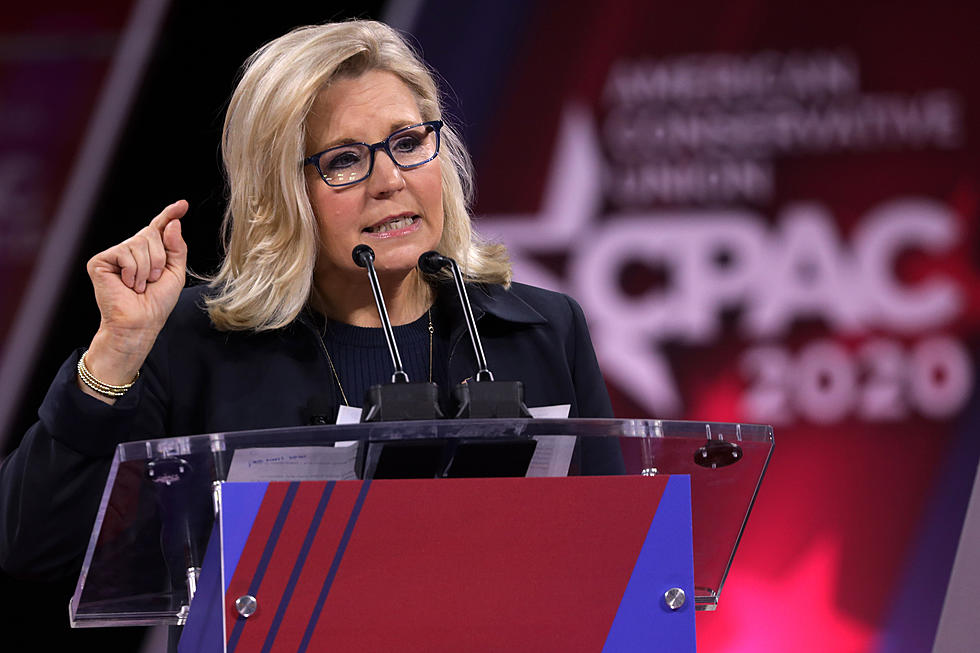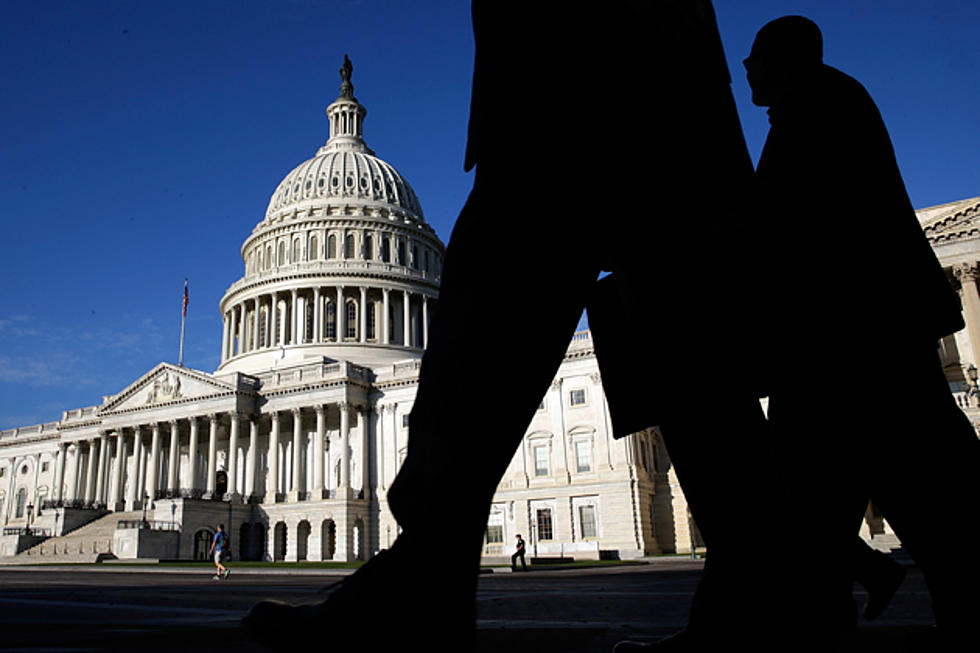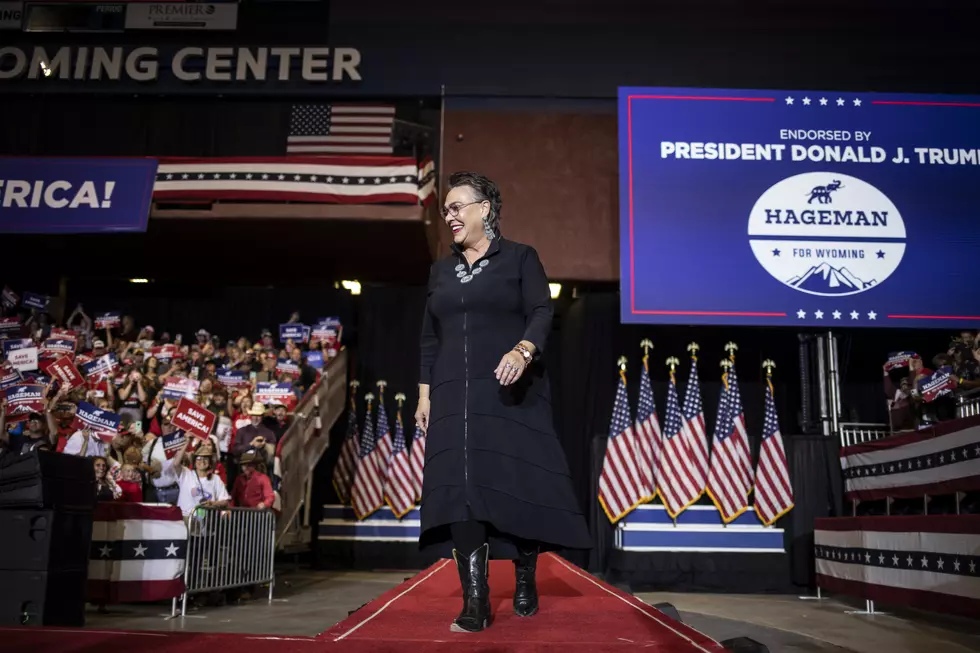
Breaking With President on Key Issues, Cheney Supports Defense Spending Bill
Wyoming's lone voice in the U.S. House of Representatives, Republican Rep. Liz Cheney, took to the floor of the chamber Monday in support of this year's National Defense Authorization Act, and in doing so opposed President Donald Trump on two important fronts.
"A strong bipartisan act such as this one is more important today than perhaps ever before," Cheney said.
"As we are facing competition with our adversaries in emerging contested domains, we have to develop cutting-edge capabilities in space, cyberspace, air, land, and sea. We must do this at time, Mr. Speaker, when a global pandemic continues to take lives and devastate economies around the world," Cheney continued.
The President has threatened to veto the annual defense spending bill, which would give troops a pay raise, authorize $740 billion for materiel and the development of nuclear weapons, and set Pentagon policy for the this fiscal year.
The Commander in Chief's most recent objection to the bill is based on an amendment put forth by Democratic Sen. Elizabeth Warren, which would remove the names of Confederate leaders from U.S. military bases such as the famed Fort Bragg. That amendment was approved by the Republican-led House Armed Services Committee, of which Cheney is a member.
But Cheney also contradicts the President on another key point, one with much broader international -- and potentially kinetic -- implications.
"Through its provisions, Mr. Speaker, this NDAA underscores that America faces a fundamental choice: we either continue to lead, including through forward deployed forces in places like Germany, Eastern Europe, and South Korea, or we retreat, thus ensuring that the global rules of the road will be set not by us and other free nations, but by our adversaries, including China and Russia," Cheney emphasized.
Cheney did not mention President Trump by name in her comments Monday, but the areas she discussed are among those from which the President has been considering removing American troops, or asking for more money to keep them there.
"This NDAA, Mr. Speaker, recognizes the role that America has played in ensuring peace, prosperity, and freedom around the world for seventy-five years," Cheney added. "It recognizes that our forward deployed forces are fundamental to deterring aggression and forestalling conflict; it recognizes that retrenchment and withdrawal are destabilizing and aid America's adversaries."
In early June, the Pentagon announced a new cost-sharing agreement was reached with South Korea, after the Trump administration last year wanted Seoul to pay roughly $1.6 billion toward the cost of housing U.S. troops.
Late last month, members of Congress led by Utah GOP Sen. Mitt Romney moved to block Trump's plans to remove just shy of 10,000 service members from Germany through an amendment to the NDAA.
The President has vocally criticized NATO members, saying that a number of those nations have not done enough to shoulder the cost of the alliance.
Cheney on Monday urged her House colleagues to pass the bill in a bipartisan fashion.
"This bill enhances cooperation with critical allies in the Indo-Pacific, authorizes funding to counter China, and fully funds the European Deterrence Initiative to enhance deterrence against Russia," Cheney explained. "It also fully funds nuclear modernization to ensure the safety and reliability of our nuclear stockpile and the credibility of our nuclear deterrent."
White House Press Secretary Kayleigh McEnany said during a press briefing last month that the issue of renaming military bases is "an absolute nonstarter for the President."

MUST SEE: The Worst Reviews of Wyoming from Awful Tourists
More From Wake Up Wyoming









